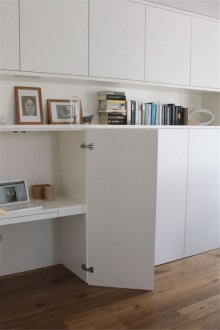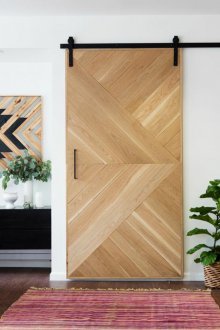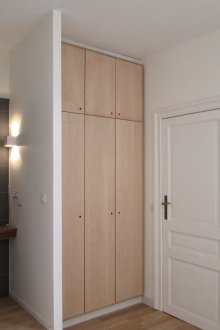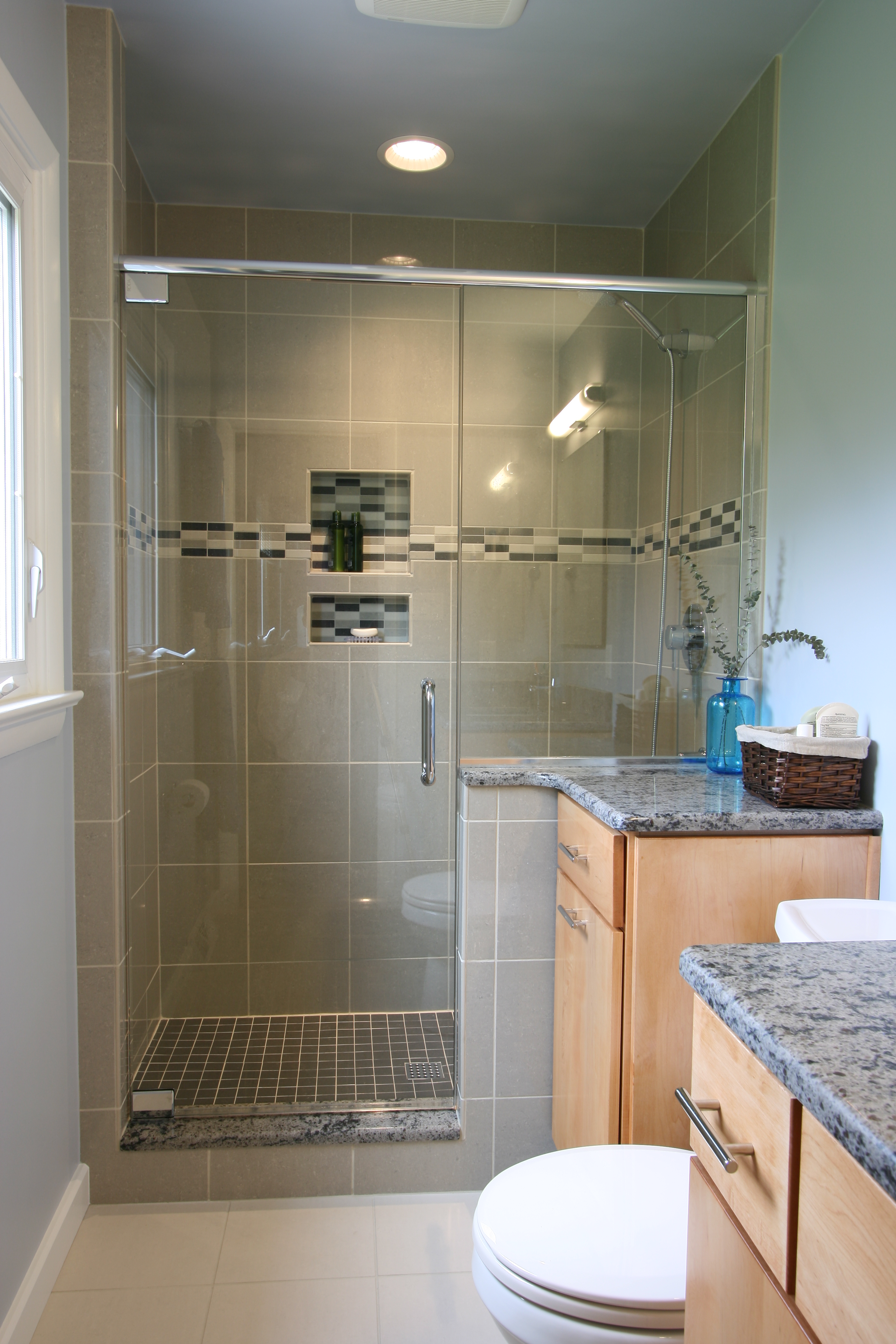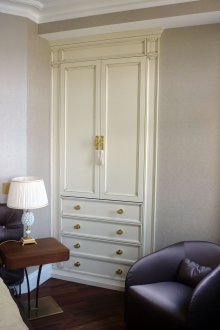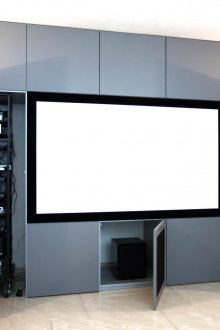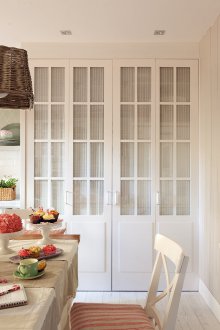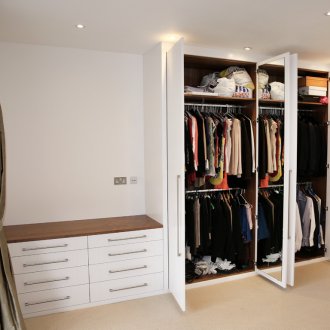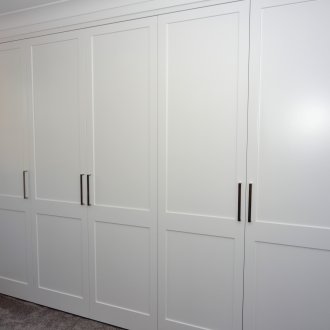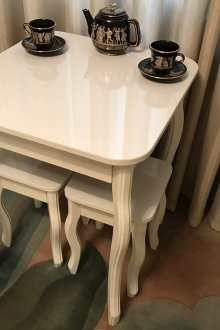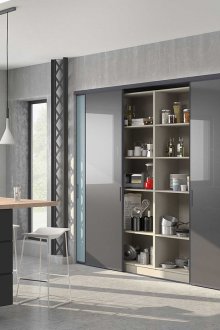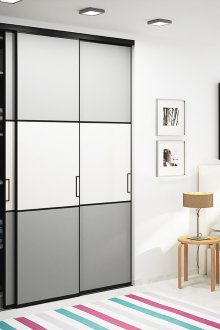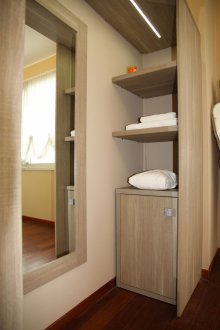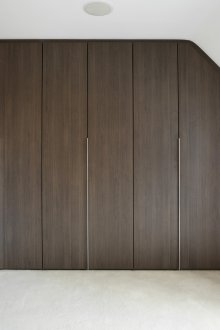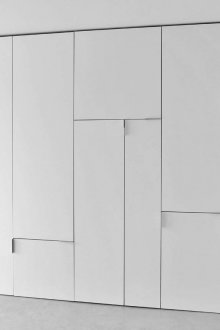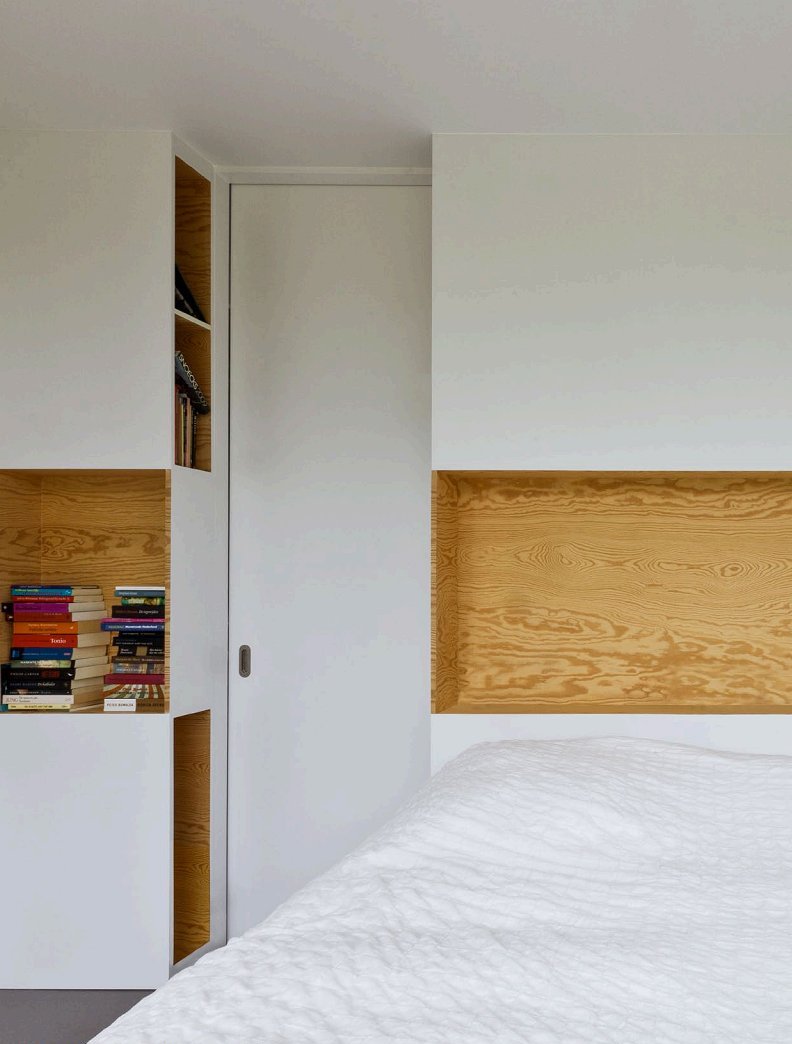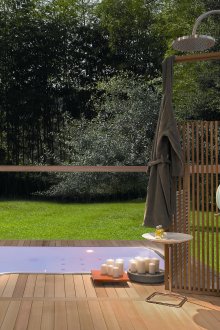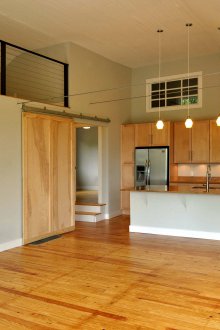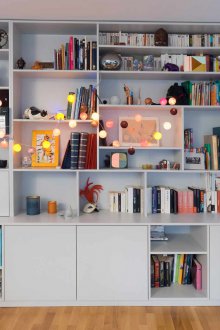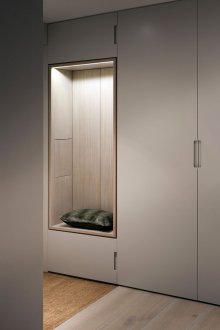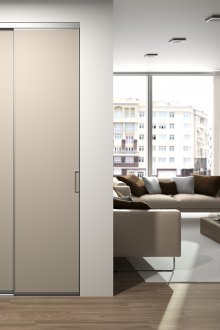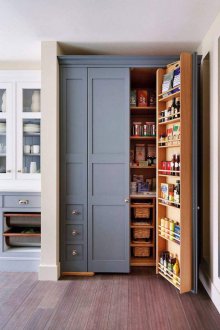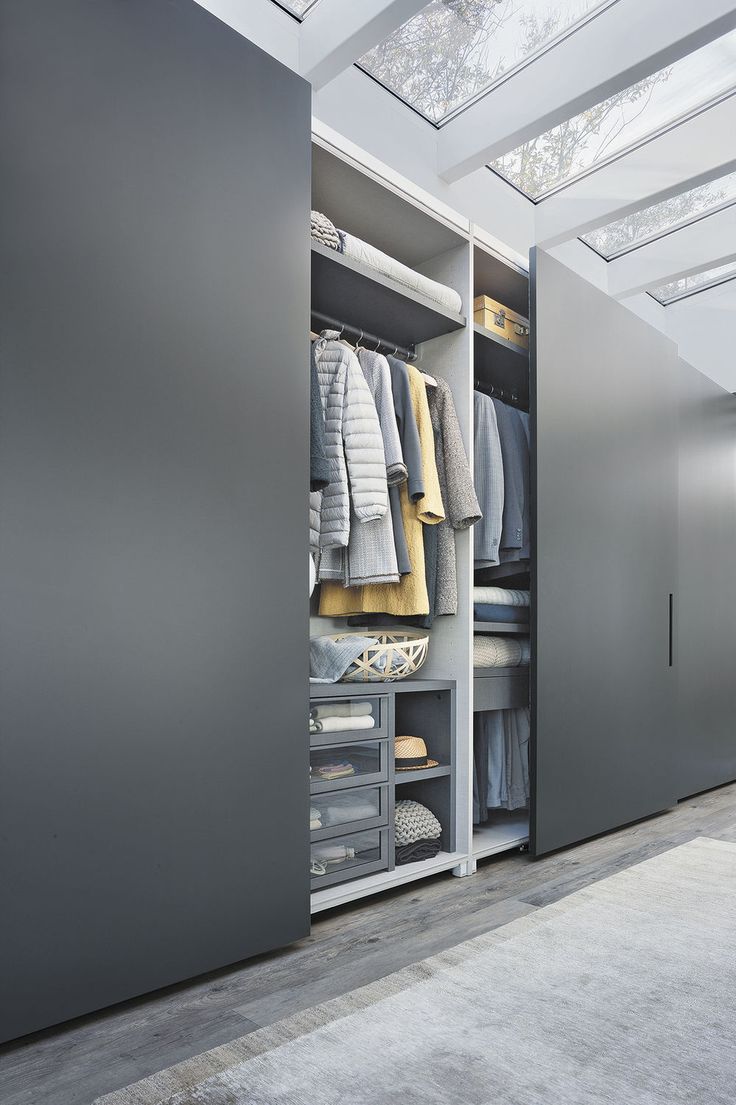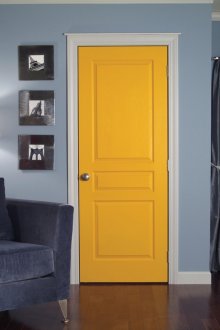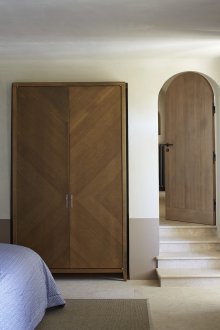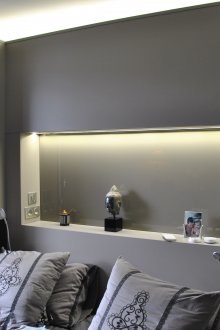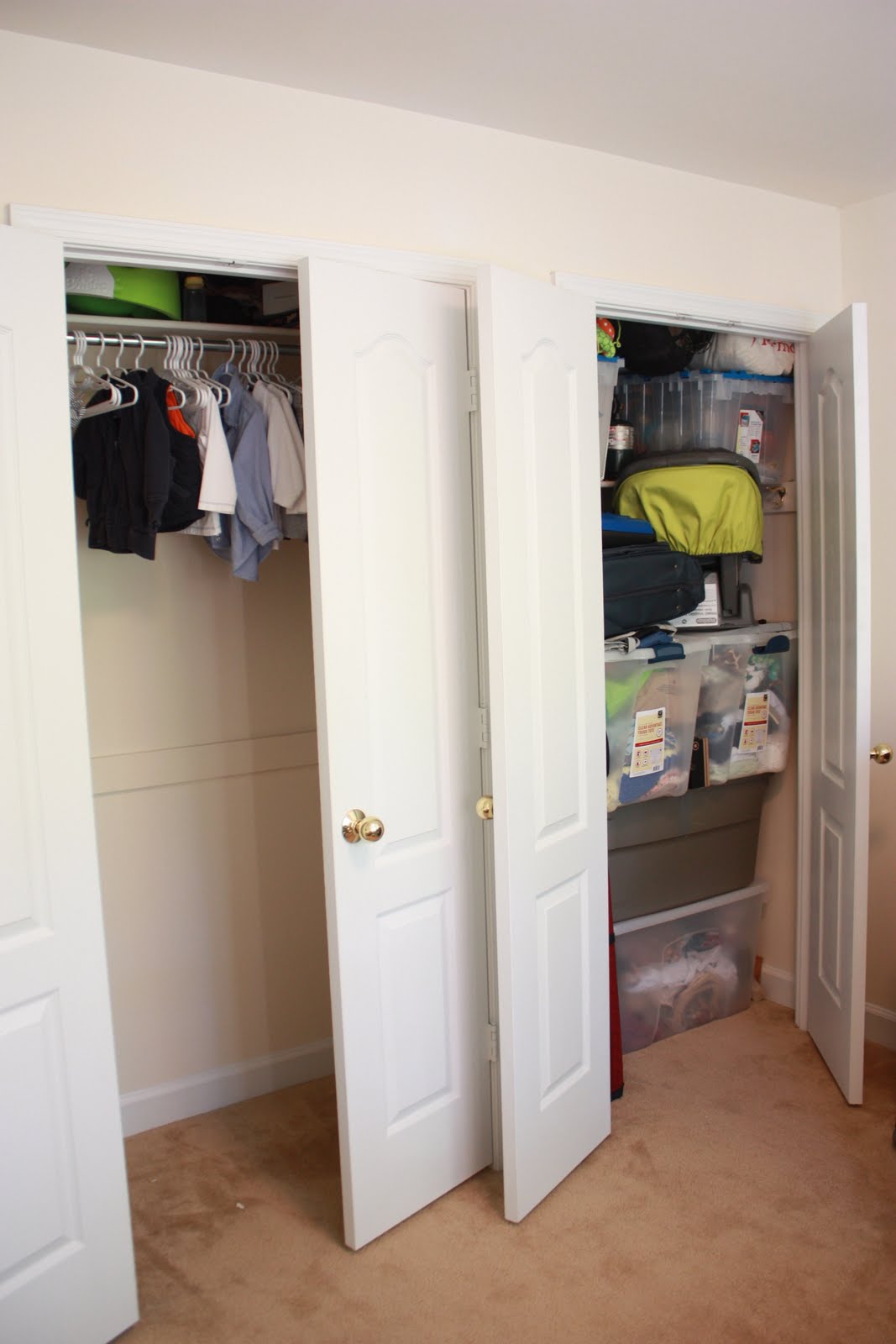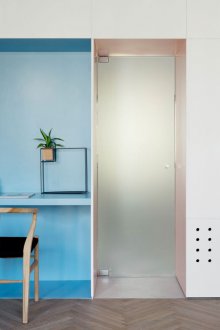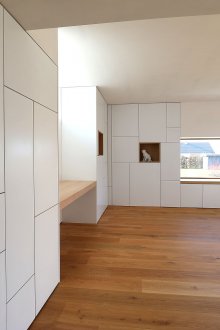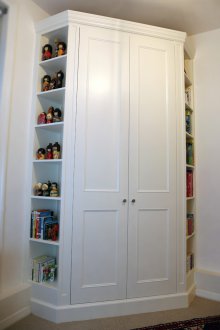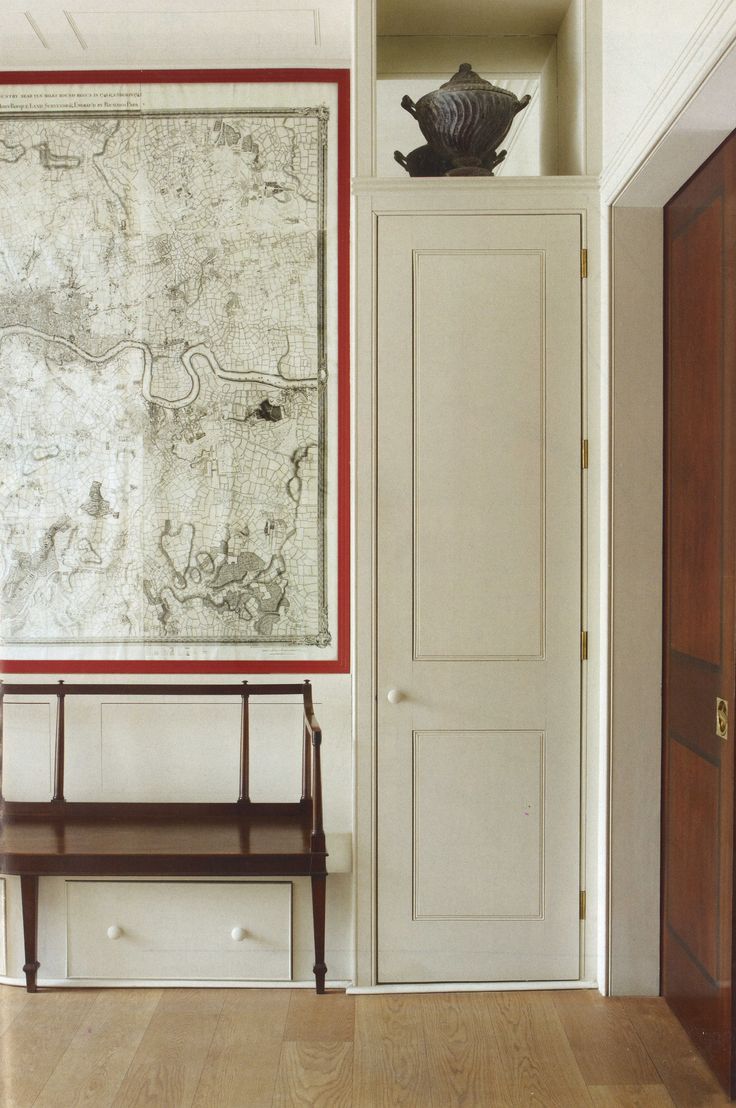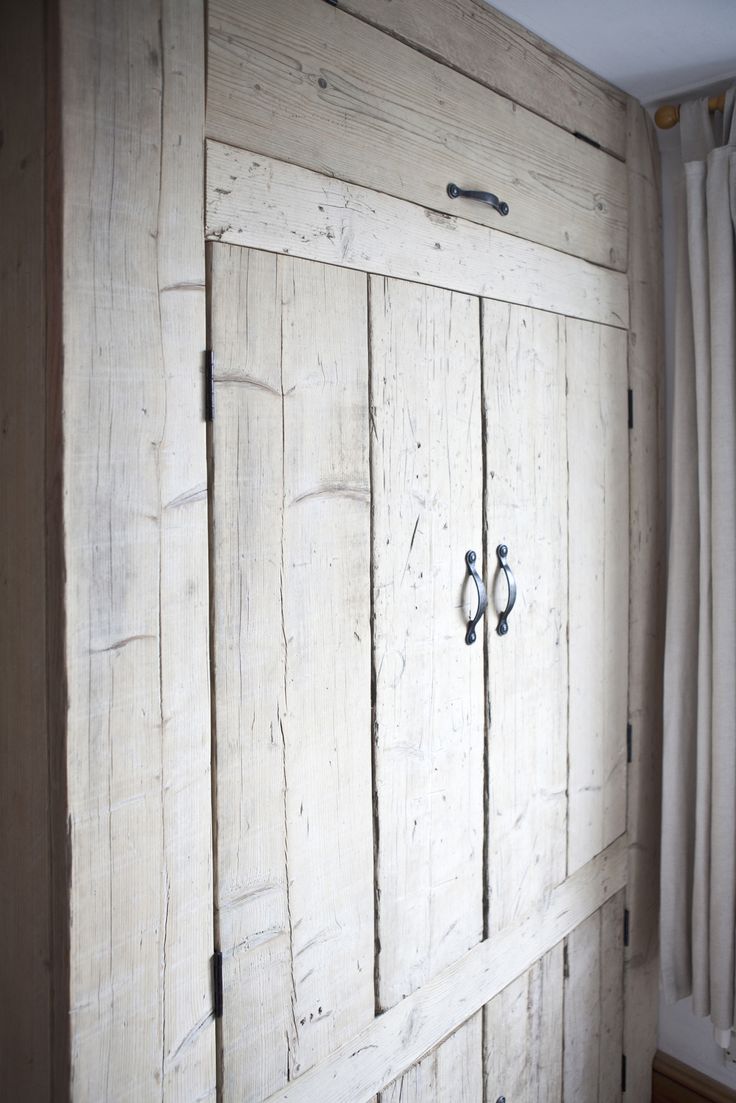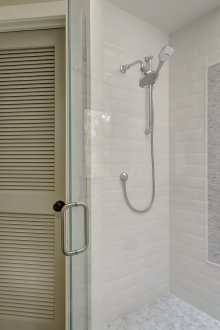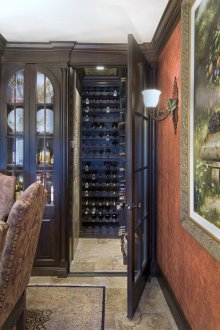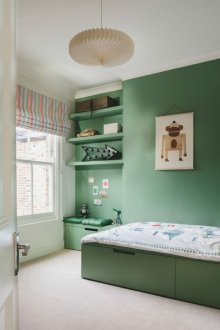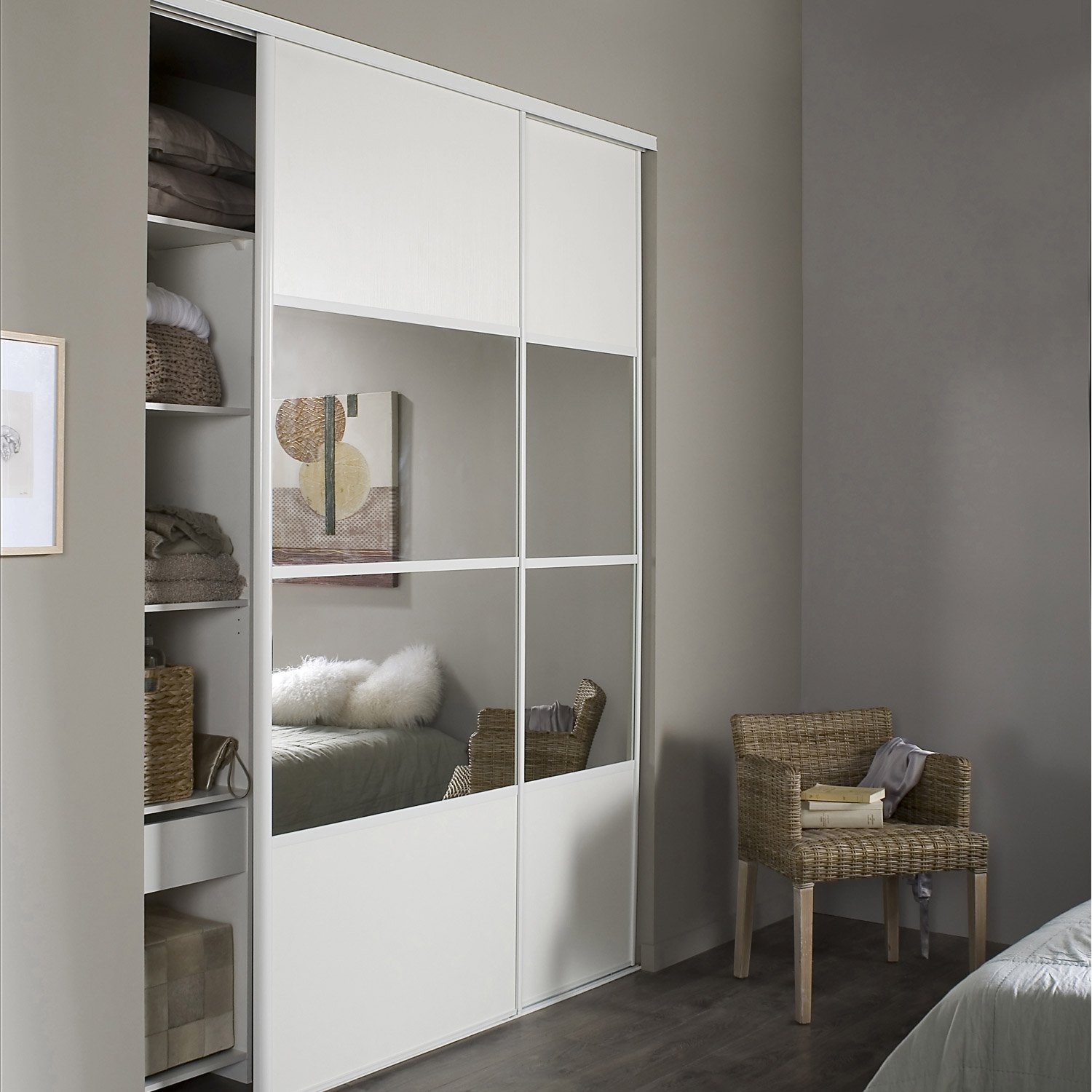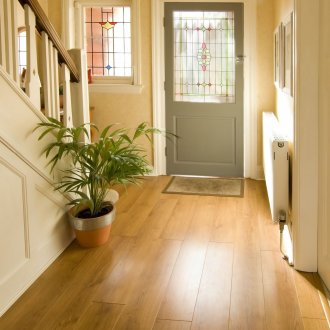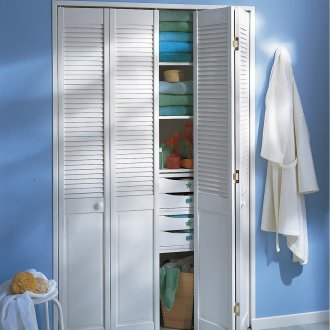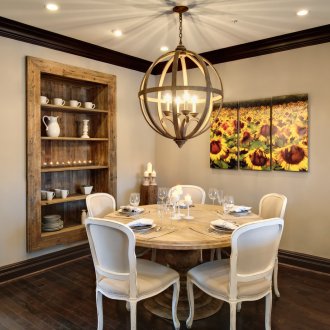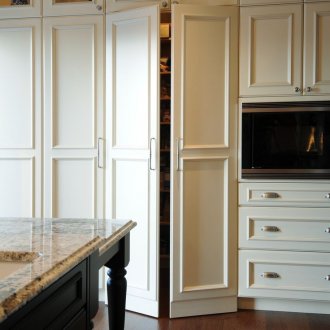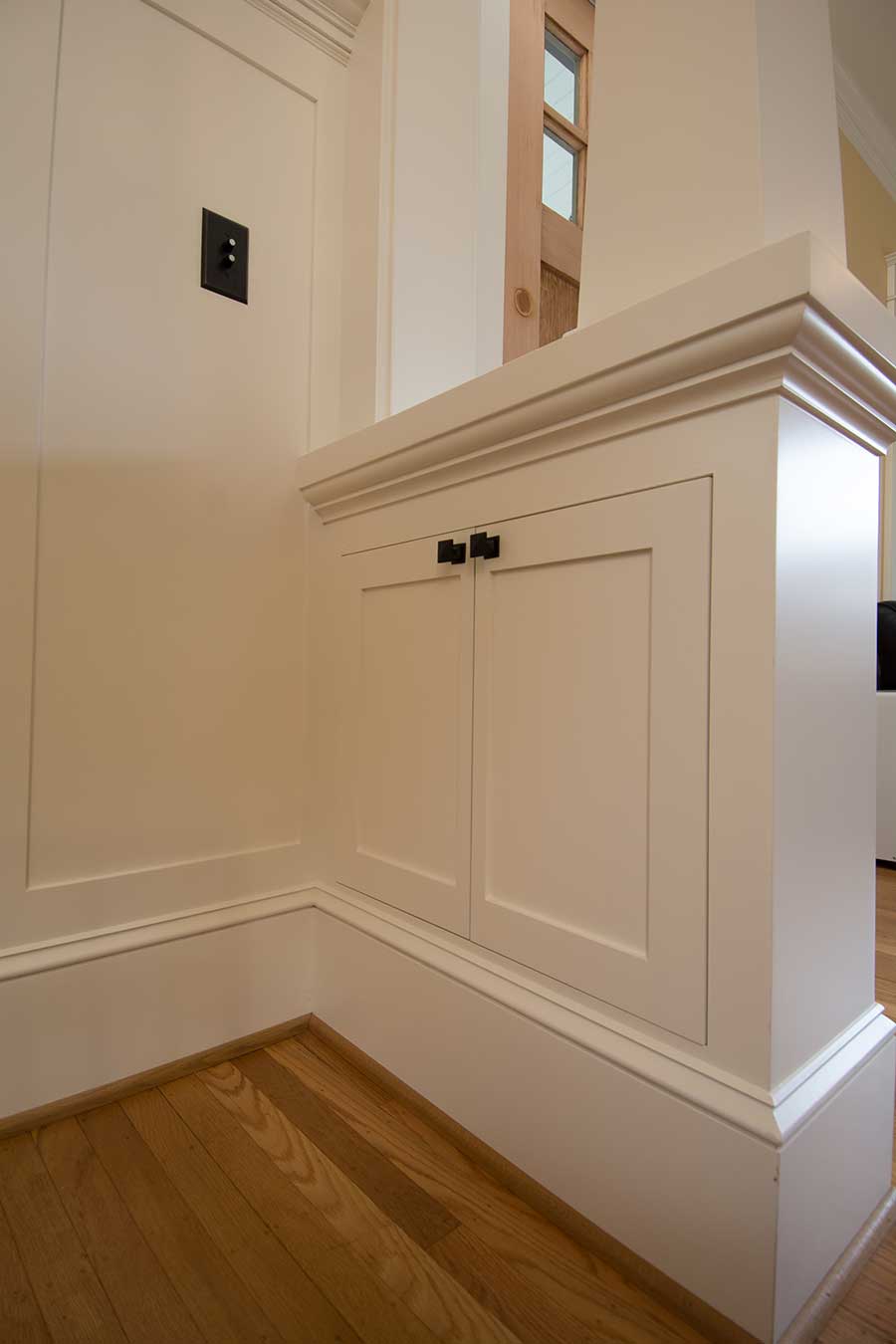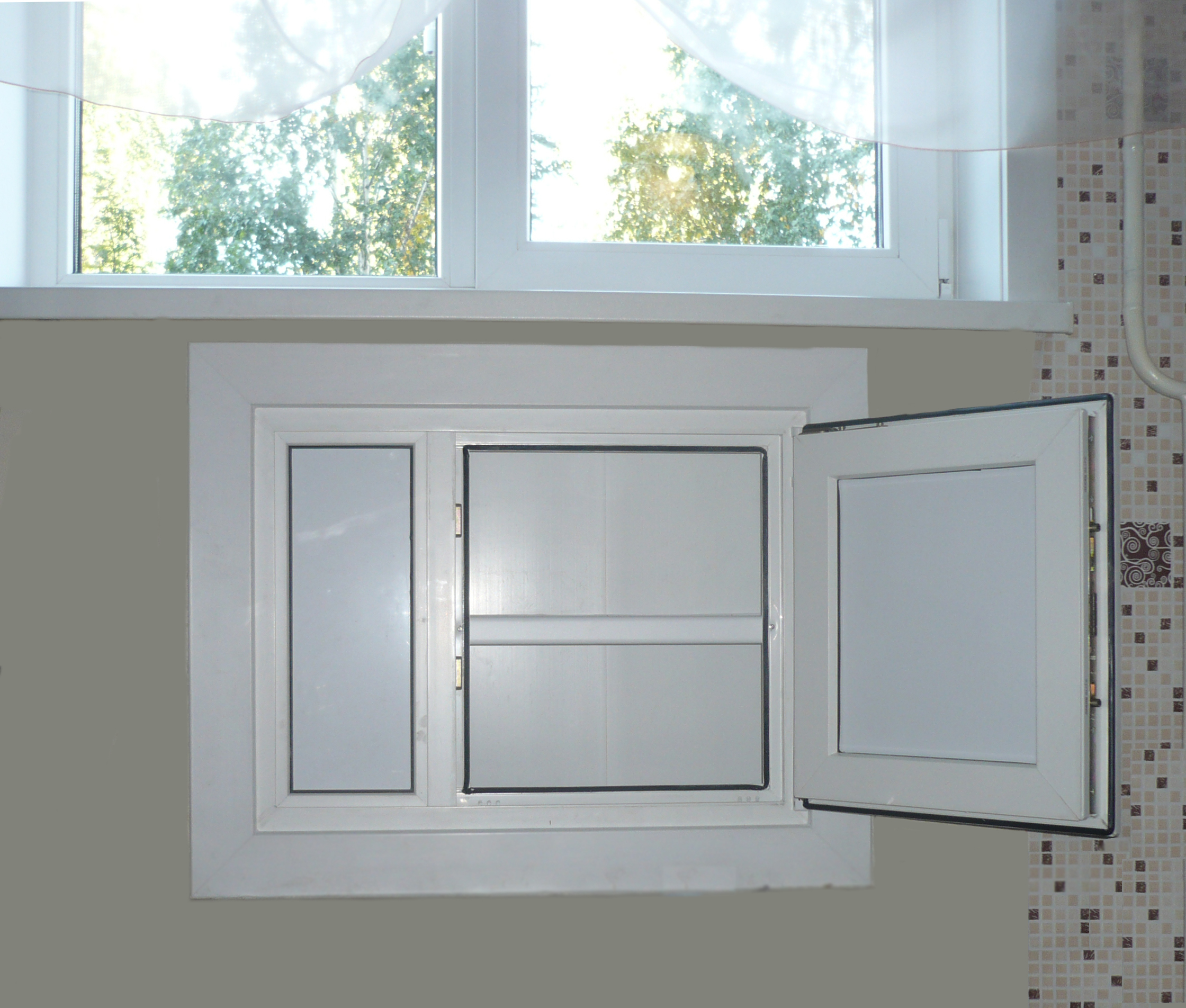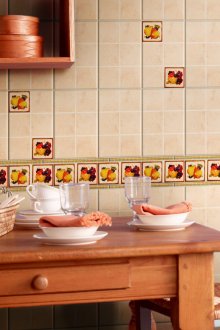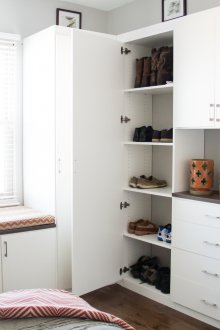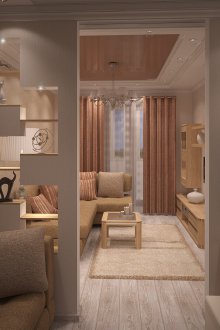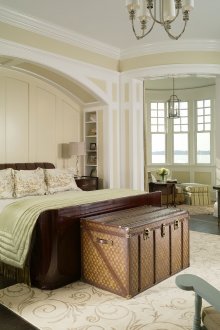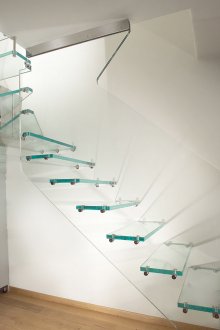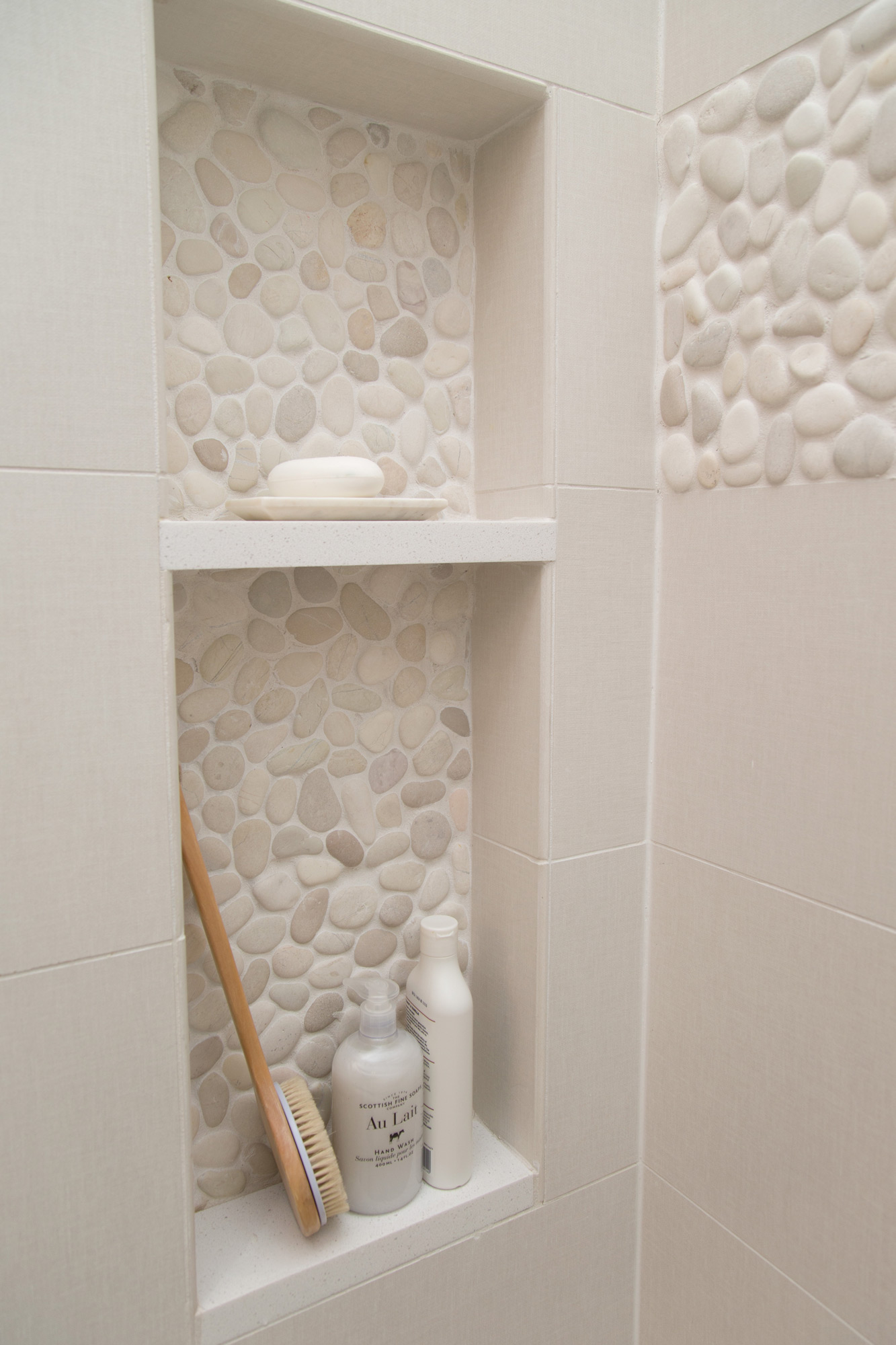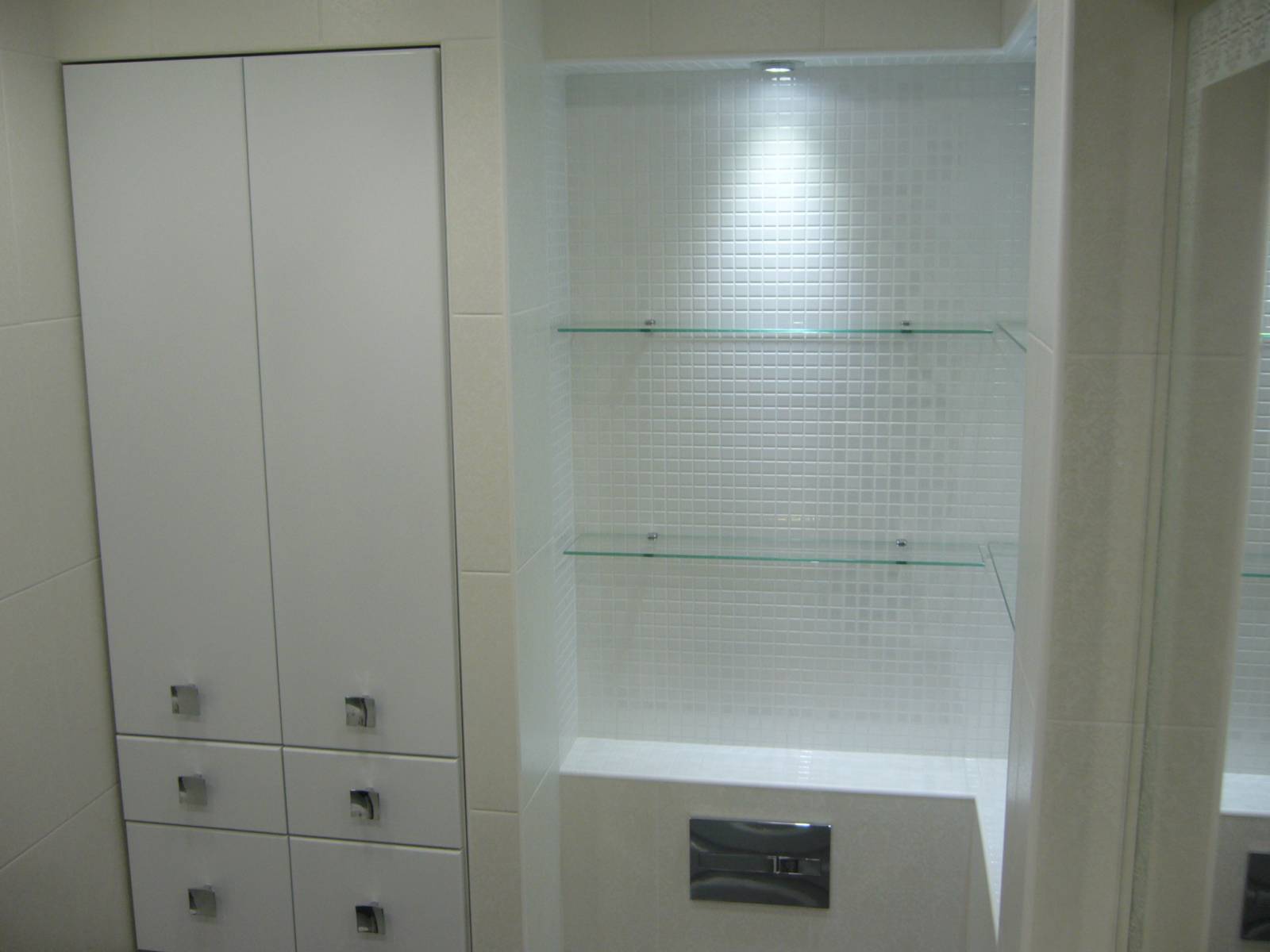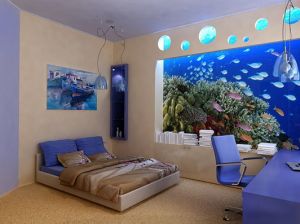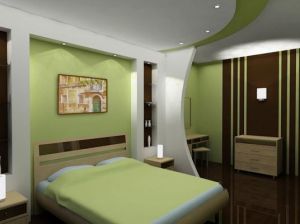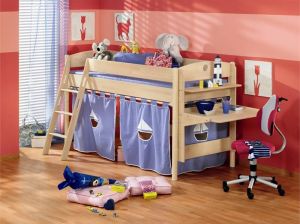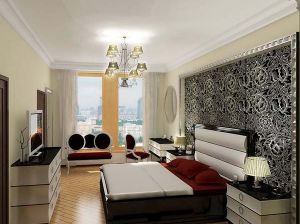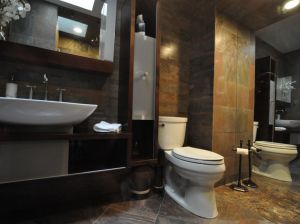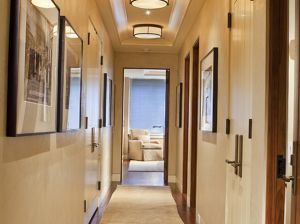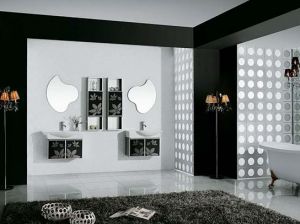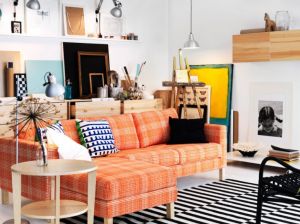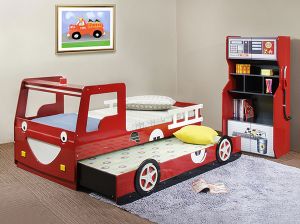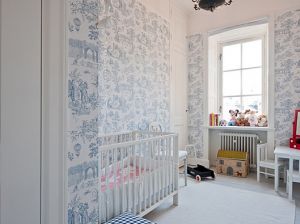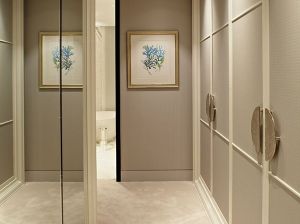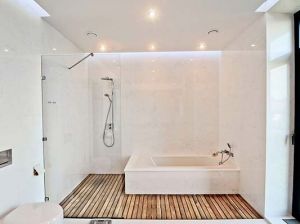Doors to a niche: style and practicality (53 photos)
Content
Many apartments have a niche. It is designed initially or created by owners for different purposes: from storage of rarely used things to a dressing room or an extra room. Like any separate room, it needs doors. What they are, what features the installation of compartment doors into a niche has, we will consider further.
What is important when choosing?
The configuration in which the door to the niche will be made is determined by the dimensions of the latter. There are several design options for the doors:
- sliding;
- compartment;
- swinging;
- harmonic.
Doors can be wooden, metal, plastic, glass or combination.
Sliding
The option involves conducting simple installation work. But the doors look stylish, and with the right decor complement the interior of adjacent rooms. This is the optimal solution for a cabinet equipped in a corner niche: the allotted space will be fully utilized, and its area will visually increase.
Coupe
The mechanism of the compartment door into a niche provides that when it is opened, it is hidden in a wall opening. Closed forms a single composition with the wall, which organically fits into the design of the adjacent room. The installation process is not fast, but is compensated by originality and space saved.
Sliding and coupe models are suitable for a niche converted into a dressing room, bedroom or bathroom.
Swing
The layout is not always such that the latest models can be installed. In this case, the usual swinging doors to a niche will do. Their advantage is ease of use. There are no complicated mechanisms, so special care is not required (if the door is not glass). It is better to choose a two-leaf construction, since each of the canvases is two times narrower in width and requires, accordingly, less space to open.
Harmonic
Convenient interesting design solution. Folding doors have several advantages: simple installation, practicality, saving space when opening and closing, price availability.
Coupe type door device
Usually the door leaf is enclosed in a profile frame. The rollers attached to it slide at the top and bottom along the guides. For models without a frame, they are attached to the canvas.
Depending on the method of fastening the compartment door, there are pendant, hinged or cassette types in the niche. For the first two options, when opening, the door moves along the wall, and with the cassette system it hides in it.
It is the cassette design that is recognized as the most reliable. But the built-in doors of this kind are not cheap, other solutions against their background are considered democratic.
Material
Depending on the purpose of the niche room and the general style of the adjacent space, the door to the niche is made of chipboard, plastic, glass, wood, and other materials.
However, glass doors to a niche require care: any careless movement can damage the glass, and the fragments will fly apart. To prevent such troubles from happening, the door leaf or glass casement inserts are covered with a film that holds the fragments.
Installation difficulties
Craftsman-apartment owners are trying to protect a niche on their own.Potentially, the main problem during installation is the walls - they must be perfectly even. If you do not process them properly, the installation of the door will be of poor quality, and the distortions will damage the structure.
Sliding doors to a niche require delicate handling: sudden movements shorten the life of the roller system and worsen the condition of the web.
Door mounting
The main advantage of a niche is that all the walls are already there. It remains only to make and install a door into a niche. A significant, although the only drawback is the imbalance and roughness of the surfaces. Aligning the opening, carefully install the door leaf.
Sliding doors are equipped with ceiling and floor guides. The main one is the floor, it holds the whole mass. The top provides a perfect vertical canvas relative to the floor and walls. It can only be installed on the original native ceiling, but not on the hinged structure.
Holes are drilled for mounting the guides: strictly along the line through 40-55 cm. After that, the upper and then the lower guides are mounted. Next, the web is wound into grooves fixed to the surface. Typically, the roller mechanism has a rubberized coating, so it works silently and does not require lubrication for a long time.
There are several simple ways to visually hide the distortions of a niche:
- Niche doors are decorated with mirrors or laminate. The background should not be striped - this will emphasize possible flaws.
- A more even sash of sliding models is mounted on the front. This installation of the door will visually reduce the curvature of the remaining canvas.
Lighting
The space separated by the door requires autonomous lighting. The benefits of this option are obvious: there is no need to turn on the light in an adjacent room, and the niche itself gets it more. It is mounted outside or inside, depending on the purpose of the space.
If this is part of the bedroom, then for a niche it is better to use the internal illumination on the LEDs or place lights there under the style of the interior.
Decor element
This is an inexpensive way to radically change the unsightly segment of the room: the corridor, bathroom, hallway. And use a very small space, for example, for a cabinet. Thus, the space freed up for years overloaded with home belongings and upsets the owners.
You can design it in any style, from classic to hi-tech. The main thing is that he does not get out of the general mood.
The usefulness of the structure is increased by applying appropriate materials for the door to the niche. The most obvious example is mirror fragments or solid sashes for a hallway. They cast a control look before leaving the house, and the space visually increases, becomes brighter, more positive.
A niche, despite its small dimensions, can turn out to be a useful and functional space in an apartment. A well-installed and aesthetic door will decorate the interior, provide privacy or hide everything that is not intended for viewing.



